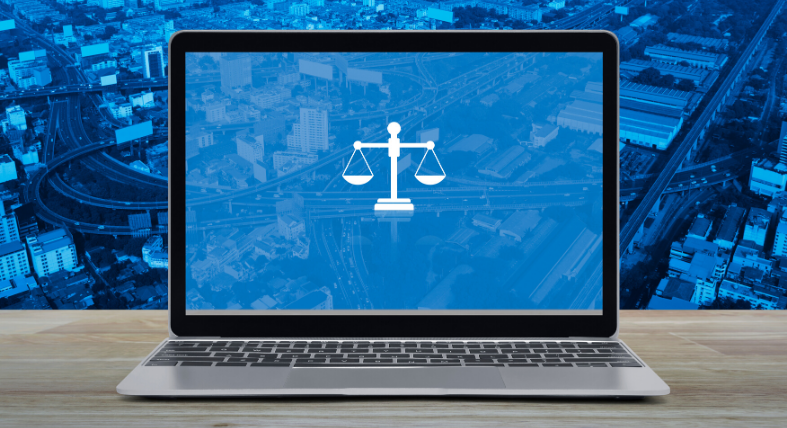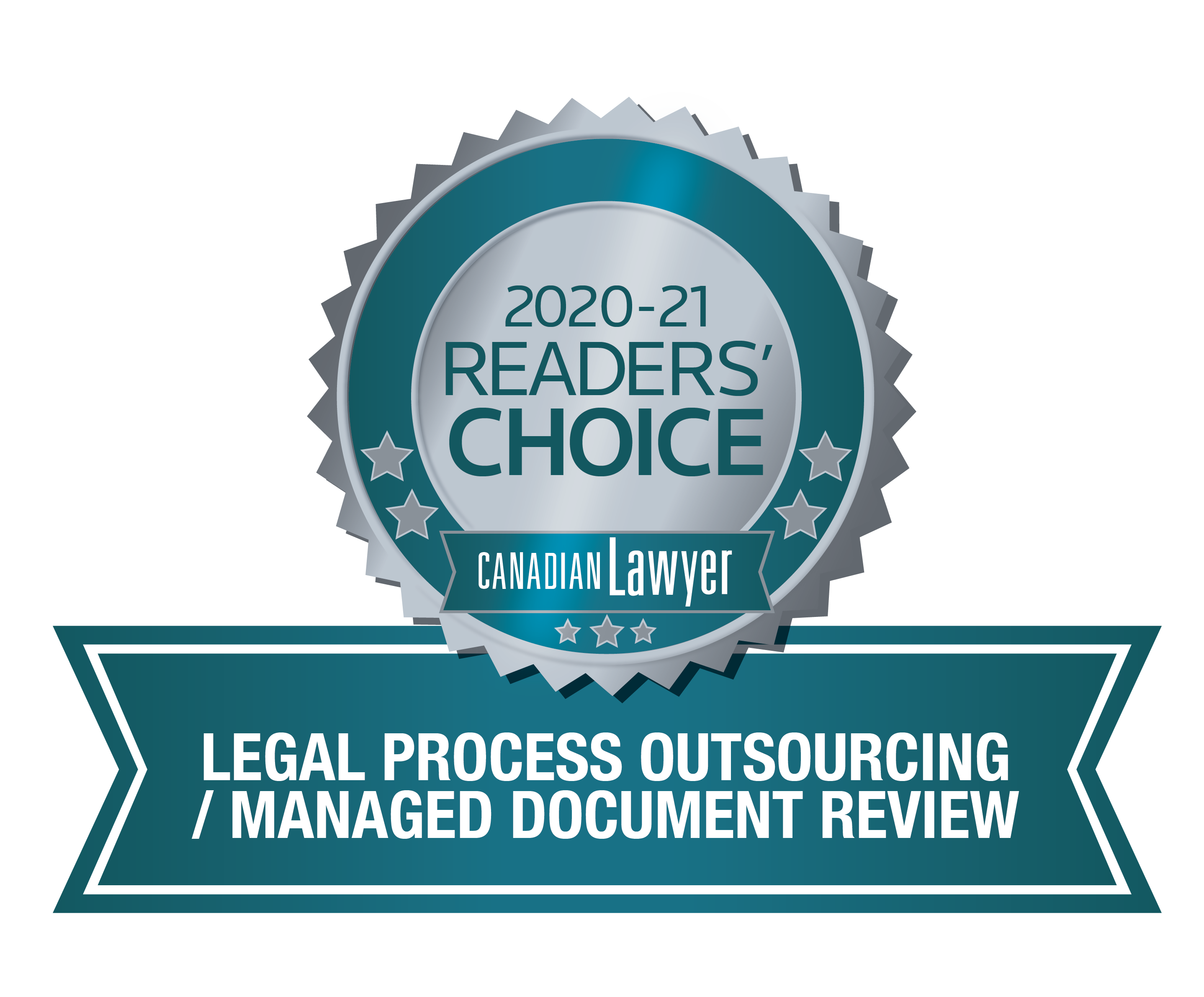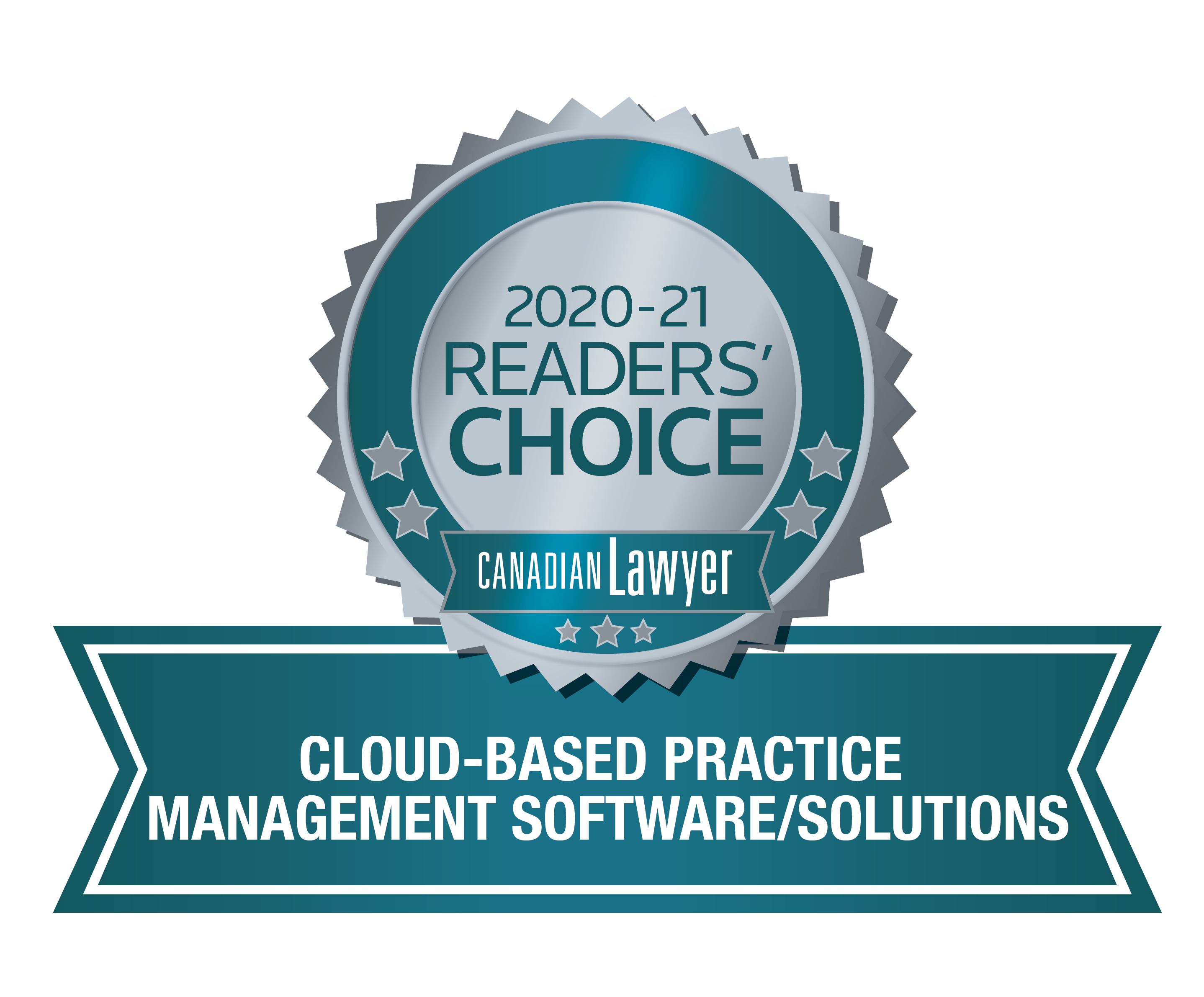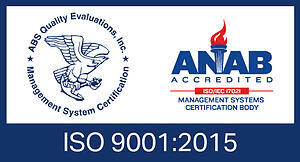
During Legalweek 2020, Judge Andrew Peck was asked about his take on technology in the legal world. In the Q&A interview published by Law.com, the retired federal judge gave his thoughts on eyes-on review, unarchived data and how there is still work to be done in order to integrate technology into the law.

One [of the biggest misconceptions about legal technology] is that “eyes-on” review of “documents” (and that includes electronically stored information) is the “gold standard” because that was the only way to review in the recent past when most senior partners were young lawyers. Studies show that done right, technology assisted review (TAR), also known as predictive coding, is at least just as good as eyes-on review if not better, and at a much lower cost.
Another misconception from some lawyers and judges is that if one just pushes the magic easy button, one can quickly and cheaply review and produce the huge volumes of ESI involved in many cases. That is just not so." - Judge Andrew Peck
Written by: Zach Warren for Law.com
I have always appreciated Judge Peck’s consistent, practical approach to eDiscovery and data and in all of my discussions with clients and presentations in the information management/eDiscovery community, I have stressed that linear, eyes-on document review has a significant weakness: human error. No matter how outstanding the lawyer, or paralegal, or law student, human beings just aren’t made to conduct repetitive tasks that require high accuracy and high precision. We get distracted, we get hungry, we’re juggling competing demands. Taken together, these factors add up to significantly increased risk for our clients. By utilizing machine learning, analytics, and specialized legal document review teams, not only can we reduce costs and control the risk to our clients, we can measure that risk so that our clients can make informed decisions about litigation strategy. For many clients, litigation is high risk. We in the legal community should not be so blinded by traditional approached that it prevents us from offering the best possible service and providing the best possible outcomes to our clients.
What struck me most in this interview was Judge Peck’s concern around spoliation with respect to unarchived data, e.g. text messages, and location data from portable devices like mobile phones, tablets, and laptops. While all of this information is likely discoverable if the information is relevant to proving or disproving a material fact and the discovery is proportional to the claims, the data may be protected by certain regulations like GDPR. Multi-jurisdictional data residency is a growing concern and corporations need to get a better handle on what data they have, who created it, and where it resides.
A robust data governance program, coupled with powerful compliance technologies, is needed in order to ensure discoverability, data preservation, and legal defensibility of process.
Click here to read the full Law.com interview with Judge Peck.








